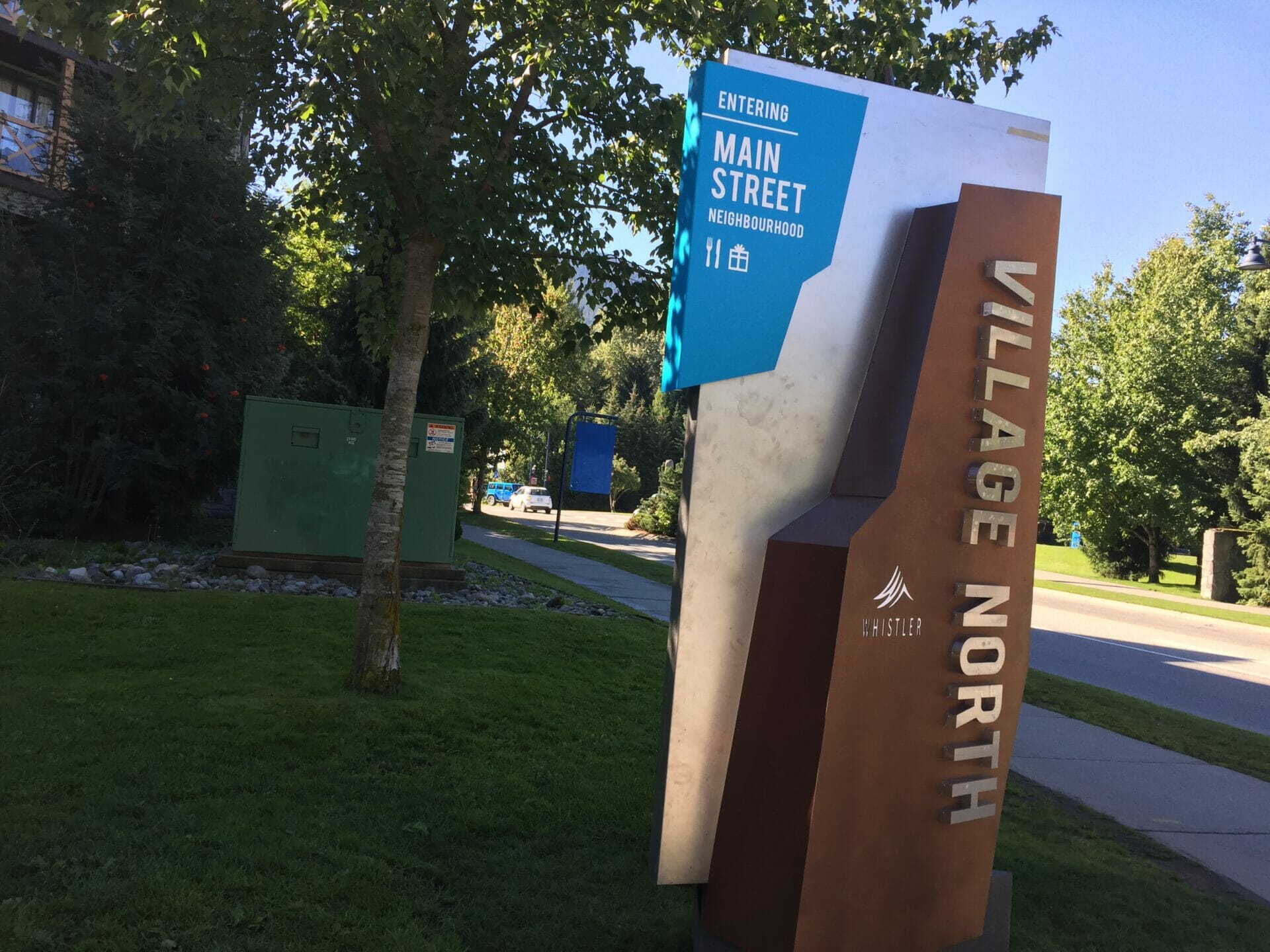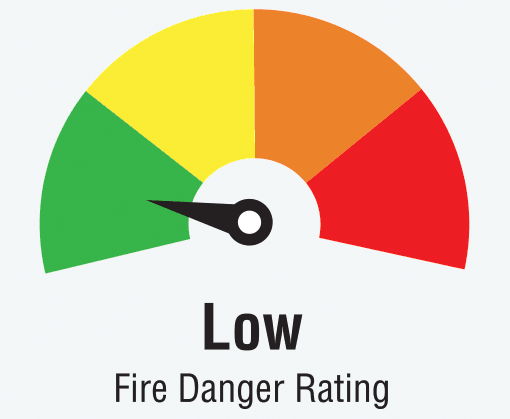
On all days of the week we are encouraging people to walk or bike to the park when possible. Last summer and early summer indicators have shown that weekdays are almost as busy as weekends and parking is very limited during peak use hours.
Encouraging residents and visitors to use more sustainable modes of transportation, such as transit and cycling, is a first step toward meeting our Climate Action Big Moves Targets. Namely half of local trips are by transit and active transportation by 2030. We encourage the community to learn more about the RMOW’s Climate Action Big Moves strategy and targets at whistler.ca/BigMoves.
It should also be noted that revenues generated from user pay parking at the park goes back into funding the free Rainbow Park Shuttle and the secure bike and gear storage at Rainbow and Lost Lake Parks.
Free transit on weekends and holidays was a recommendation of the Transportation Advisory Group (TAG) as part of the Whistler Transportation Action Plan. Free transit on busy weekends was piloted in August of 2016. Starting July t, 2017, the free weekend and holiday transit has been a means of reducing traffic congestion during peak times.
As a resort community, Whistler’s viability and economy relies on tourism and providing services to our guests. Council strives to balance the needs of our community members and visitors. Free transit is a service that we hope both visitors and residents take advantage of.
Revenues from park parking are reinvested into the free Rainbow park shuttle, secure bike and gear parking and park infrastructure. These funds do not go to general revenue and are targeted to support reinvestment in our overall park experience for all users.
Revenues from Day Lots go back into operating expenses (such as snow clearing, line painting), repayment of the parking lot, reserves for capital and future operations and the Community Transportation Initiatives Fund, also known as CTIF. Overseen by the Transportation Advisory Group, CTIF funds go towards transit subsidies, free weekend transit and additional local transit services such as the Route 10-Valley Express.
The free Bike Valet is an attended and secure bike and gear storage service.Situated within a gated corral, park users can leave anything ‘human powered’ (i.e. bikes, chariots, strollers, paddleboards) with the attendant for safe keeping.Similar to a coat check, simply drop off your bike and you will receive a ticket to reclaim your items. The Bike Valet service is available at Lost Lake Park, Rainbow Park and Whistler Olympic Plaza. Visit whislter.ca/BikeParking for more information.
Recognizing that watercraft transportation can be challenging without the use of a vehicle, we have installed additional watercraft storage spaces earlier this spring and 35 new spaces will be coming available in the coming weeks. Watch for advertisements in the Pique Newsmagazine. For information visit whistler.ca/SUPstorage.
Assistance animals that are certified are allowed on public transit and the Rainbow Park Shuttle at all times. You may be asked to produce your Guide Animal Certificate.
On the Whistler Transit System, only small fur-bearing or feathered pets contained in secure, clean, hand-held cages are permitted on the bus. Cages (hard or soft shell pet carriers) must be small enough to fit on the owner’s lap.
Passengers must hold onto their pet’s cage at all times. If there is room, the passenger may place and hold the cage beside them on the floor. The cage should not block the aisle or restrict other passengers.
We encourage you to bring your pet to the beach during non-peak hours for more space and when parking is free. Learn more about dog off leash areas at whistler.ca/dogs.
Yes, gear can be brought onto the Whistler transit vehicles or the Rainbow park shuttle. For information about what you can bring on the Whistler Transit System, visit bctransit.com/whistler/riderinfo.
Depending on park shuttle occupancy, there may be cargo constraints resulting in having to wait for the next shuttle. The following items are permitted on the Rainbow Park shuttle:
- Foldable wheelchairs and compact mobility devices – see note above under “Accessibility”
- Medium sized bags and backpacks
- Children’s stroller/trailer
- Uninflated watercraft
- Food coolers
- Fold up chairs

